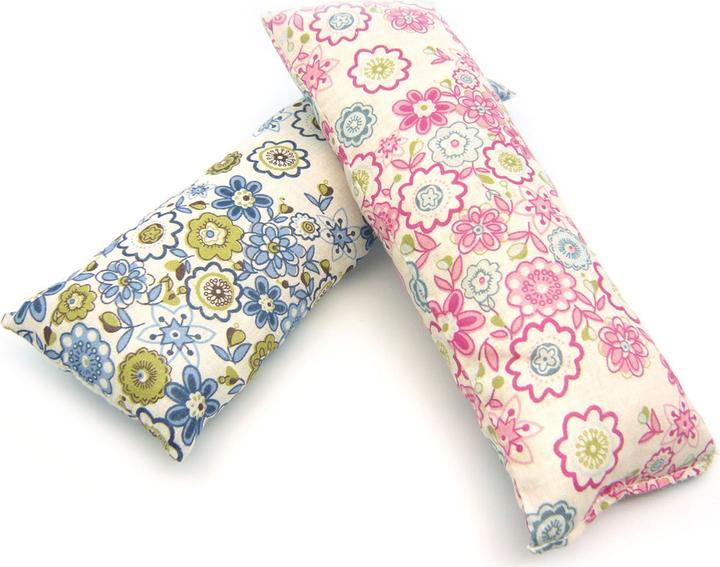

Calming for humans, stimulating for cats – the effects of valerian
Used since ancient times to treat sleep disorders, valerian is still a valued herbal sedative today. Cats also love the herb – but for very different reasons.
The positive effect of valerian was clearly known when it was named, as its scientific name, Valeriana officinalis, is derived from the Latin word «valere» and means «to be healthy».
From ancient times to today – popular remedy for sleep disorders and anxiety
Both the ancient Greeks and Romans valued the herb for its potential medical properties. The Greek physician Dioscorides and the Roman physician Galen mentioned valerian in their first-century writings as a remedy for insomnia.
In the Middle Ages, valerian was used in Europe to treat various ailments. Monks cultivated the herb and used it for insomnia and anxiety.
Although not as often as in Europe, valerian was also used in traditional Chinese medicine to calm the mind and nerves.
(Almost) scientifically proven herbal medicine
In modern herbal medicine, valerian is mostly used to relieve nervous tension and sleep disorders. It’s available in the form of capsules, tinctures or tea.

Current studies provide evidence that valerian has a positive effect on restlessness and anxiety. However, research into this hasn’t yet been completed. In its assessment of 15 herbal sedatives, German consumer organisation Stiftung Warentest only rated valerian as «suitable with restrictions», while all other plants and plant combinations were rated as «barely suitable».
Valerian root extract as the remedy of choice
Although there are insufficient studies on valerian tea or powder, tablets with root extract can have a calming effect. However, you’ll need to be patient, as valerian doesn’t work immediately. In addition to taking a while to kick in, the effect of valerian is more subtle than that of a prescription drug. This applies to all herbal remedies. And the effect is very individual – some swear by its calming power, others hardly notice anything.
Scientifically, the effect of valerian is attributed to various compounds. The main reason seems to be a substance called nepetalactone, which is associated with calming properties. It also contains valepotriates, volatile oils such as bornyl acetate and pinenes and alkaloids, which are also said to have a calming effect.
Why cats love valerian
Interestingly, dried valerian magically attracts our feline friends. In fact, the smell of valerian triggers a euphoric reaction in many cats. That’s why we offer a large selection of valerian pillows for cats.
The stimulating effect is also attributed to the ingredient nepetalactone, a chemical compound found in the oil glands of valerian roots. When cats come into contact with this substance, they often experience an ecstatic reaction. The effect of nepetalactone on cats is comparable to their reaction to catnip (Nepeta cataria), which contains a similar substance. Nepetalactone binds to receptors in the nasal mucosa of cats and triggers a chain reaction that leads to changes in behaviour, such as intense purring, rolling around, rubbing, meowing, jumping and playing.
Hormones are to blame
Why do cats react almost the opposite way to valerian as humans? Quite simply because nepetalactone is similar to a cat pheromone that’s usually secreted during mating season. This is also why very young and very old cats generally don’t react as strongly to valerian than cats of mating age.
Do you use valerian and does it work for you? What about your cat? Let the Community and me know in a comment.
Header image: sasirin pamai/Shutterstock
Science editor and biologist. I love animals and am fascinated by plants, their abilities and everything you can do with them. That's why my favourite place is always the outdoors - somewhere in nature, preferably in my wild garden.
Interesting facts about products, behind-the-scenes looks at manufacturers and deep-dives on interesting people.
Show allThese articles might also interest you

Background information
Practise ’til it clicks: how to teach your cat tricks with the clicker method
by Darina Schweizer

Background information
5 quirky similarities between Büsis and Nymphies
by Anika Schulz

Background information
Tradition vs modernity: what healing powers are lurking in medicinal plants?
by Annalina Jegg



